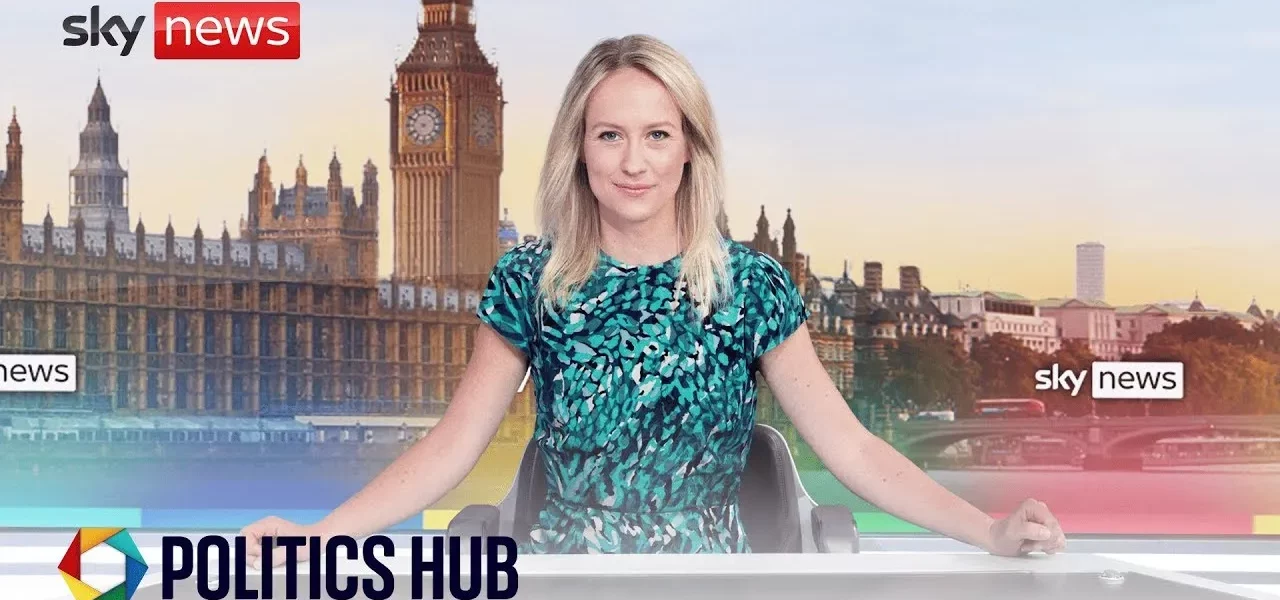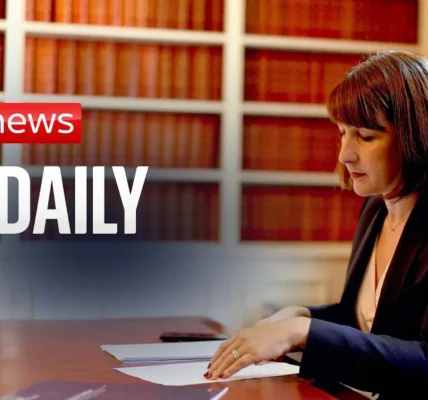Political Insights: Taxation and International Relations in the UK

This article delves into the complexities of recent political discussions regarding taxation, particularly focusing on National Insurance contributions, their implications for small businesses, and the evolving landscape of international relations concerning sanctions and humanitarian issues.
Introduction
In the lead-up to significant political events such as the Autumn statement and budget announcements, speculation runs rampant. It is common to witness various narratives emerging, which can often skew public perception. This was evident in the recent discussions surrounding potential changes to National Insurance contributions, which many believe could impose a “Jobs Tax” on small businesses. Furthermore, the political landscape is increasingly interwoven with international relations, evident in discussions about sanctions and humanitarian crises. This article aims to unpack these discussions and their broader implications.
The Impact of Taxation on Small Businesses
The proposed changes to National Insurance contributions have raised concerns among small business owners. Here are some key considerations:
Understanding National Insurance
National Insurance is a crucial component of the UK tax system, primarily funding social security benefits and the National Health Service (NHS). Recent discussions suggest that increases in National Insurance for employers could disincentivize wage growth and pension contributions.
Potential Consequences for Employment
- Job Creation: Higher costs associated with National Insurance may lead businesses to reconsider hiring new employees.
- Wage Growth: Employers may opt to limit wage increases due to the additional financial burden.
- Pension Contributions: Increased costs could deter employers from making pension contributions, affecting employee retirement savings.
Political Strategies and Public Perception
The political discourse around taxation has been fraught with complexity, especially regarding the promises made by political parties before elections. Key points include:
Election Promises vs. Fiscal Realities
- Political parties often make substantial commitments during election campaigns, which can lead to public trust issues when fiscal realities necessitate changes.
- Labor’s challenge involves balancing its electoral strategy with the necessity of addressing public finances responsibly.
- The phrase “the heaviest burden should fall on the broadest shoulders” encapsulates the ongoing debate about who should bear the brunt of tax increases.
Transparency in Governance
There is a growing demand for politicians to be more transparent about the financial state of the country and the potential need for tax reforms. This transparency is essential for maintaining public trust.
International Relations and Human Rights Sanctions
Recent discussions have also highlighted the UK government’s approach to international relations, particularly concerning sanctions related to human rights abuses. Significant points include:
Context of the Sanctions
The announcement of sanctions against specific Israeli officials by the UK government has sparked a debate on the effectiveness and motivations behind such actions:
- The sanctions aim to address rising violence and human rights concerns in the West Bank.
- Critics argue that sanctions should extend to more individuals involved in incitement and violence.
Public and Political Reactions
Political figures have expressed differing opinions on the government’s stance, emphasizing the need for a robust response to international humanitarian issues. This divergence underscores the complexities of balancing domestic policies with international responsibilities.
Conclusion
The ongoing dialogues surrounding taxation and international relations highlight the intricate nature of political governance in the UK. As political leaders navigate these challenges, the importance of transparency, accountability, and a balanced approach to public policy remains paramount. It is crucial for both the government and the public to engage in constructive discussions about the implications of taxation on small businesses and the ethical considerations surrounding international sanctions.
Call to Action: To stay informed about these critical issues, consider subscribing to our newsletter or exploring related articles on our website that delve into the intricacies of UK politics and international relations.
“`




